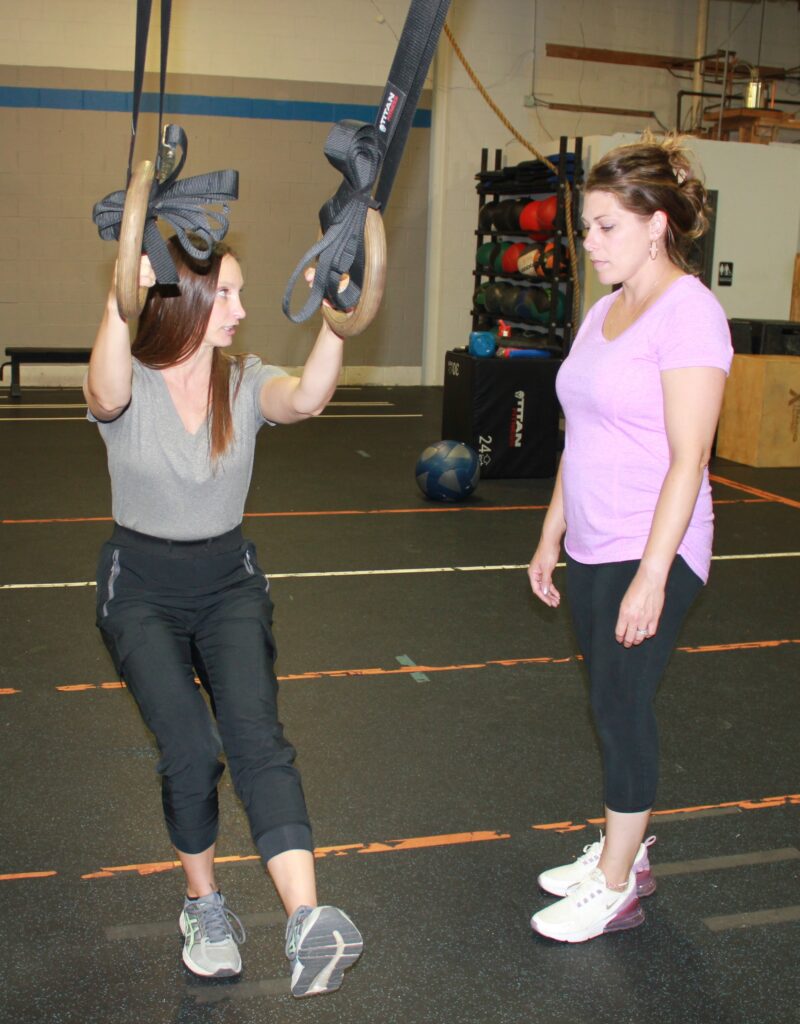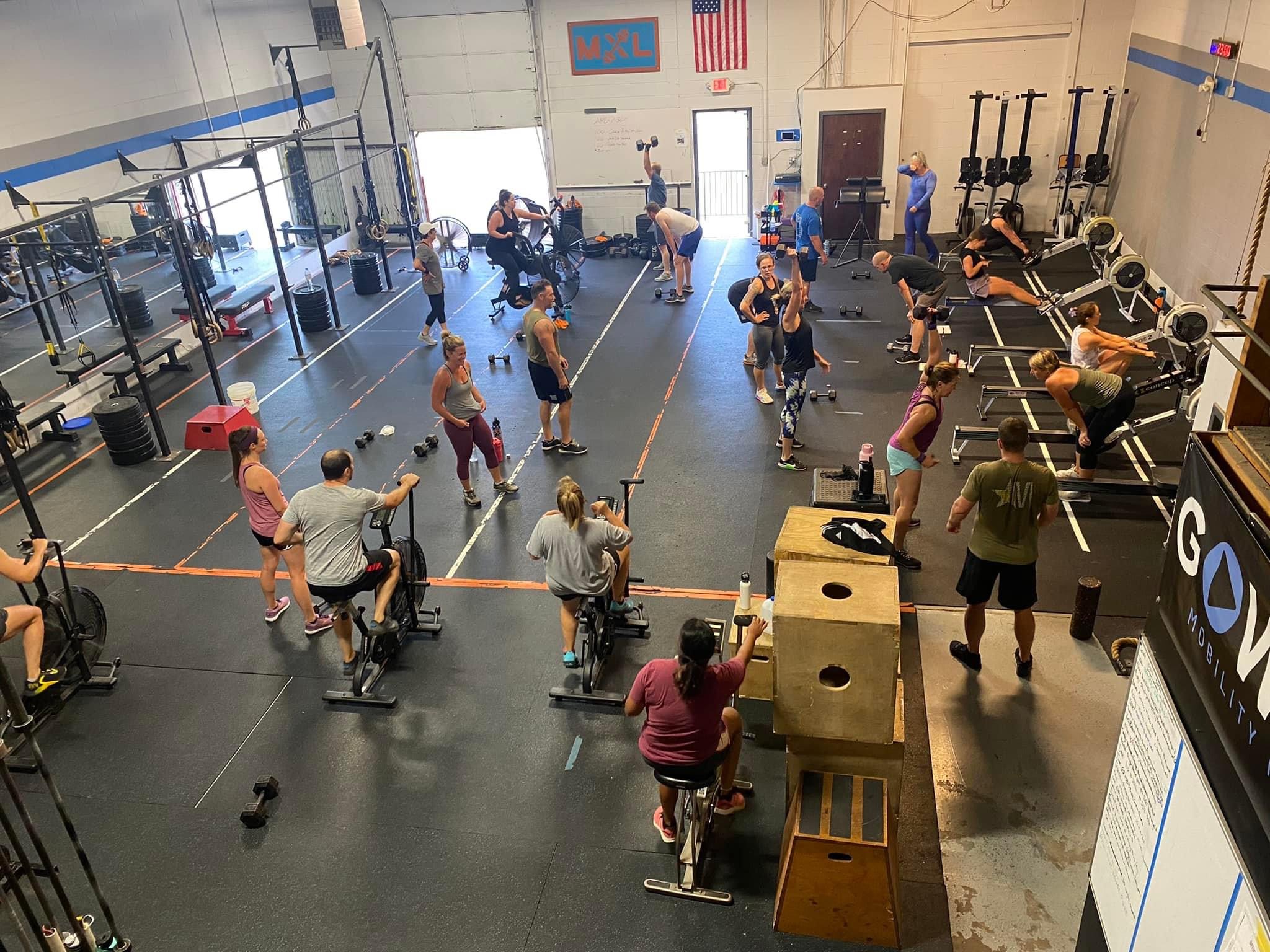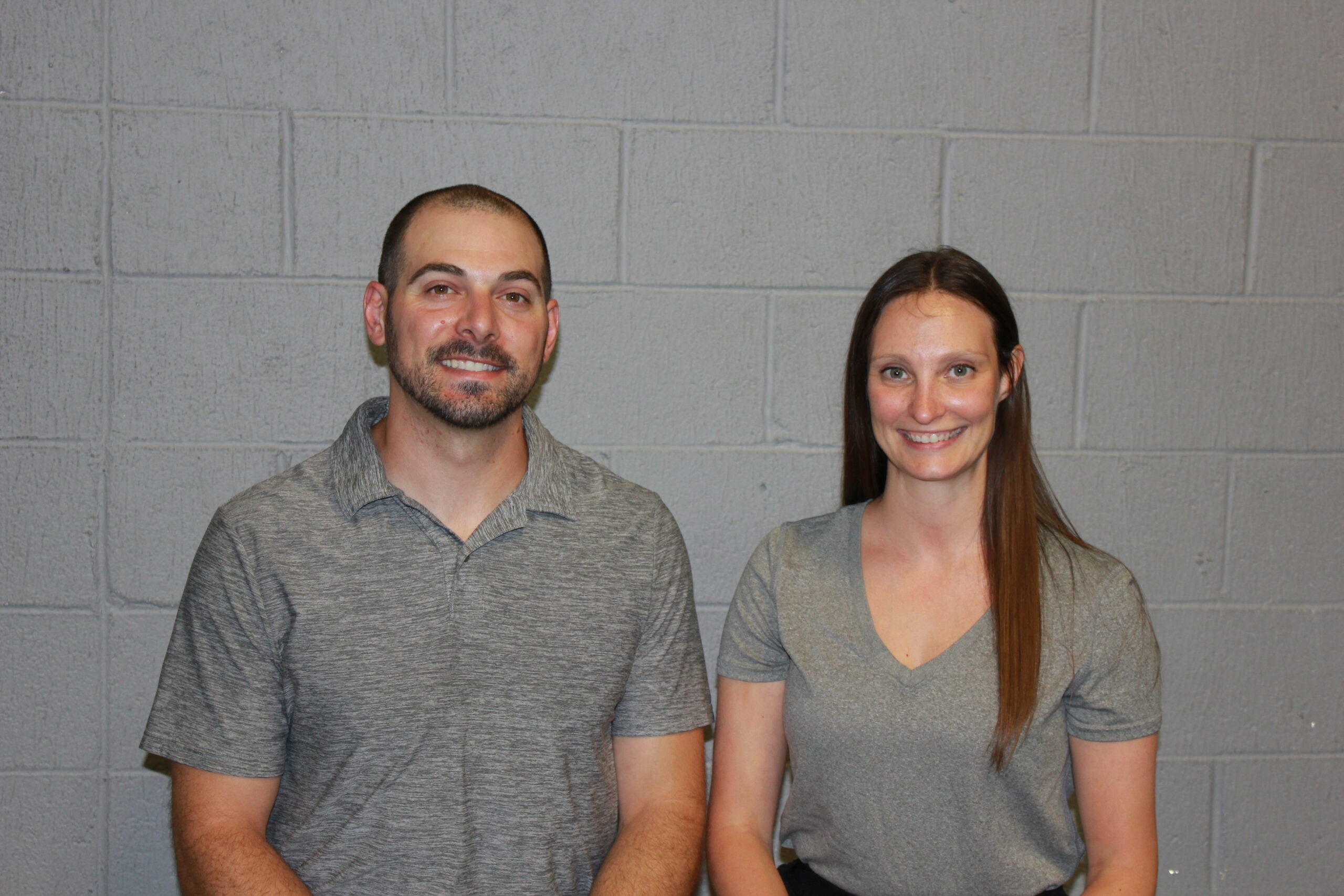Introduction
Physical therapy is a cornerstone of non-invasive treatments in the healthcare system, renowned for its effectiveness in managing a plethora of conditions that impair mobility and quality of life. Whether you’re recovering from an injury, managing chronic conditions, or simply striving to improve overall health, physical therapy offers tailored treatments designed to meet individual needs.
Section 1: Musculoskeletal Disorders
Musculoskeletal disorders are among the most common reasons patients seek physical therapy. These conditions often involve pain and impairment in muscles, bones, and joints:
- Back Pain: Physical therapists employ a combination of exercises, posture training, and manual therapy to alleviate back pain and improve function.
- Neck Pain: Treatment for neck pain may include muscle strengthening, mobility exercises, and techniques to improve posture and relieve tension.
- Knee Pain: Physical therapy for knee pain focuses on rehabilitation and strengthening exercises that help prevent future injuries while managing current symptoms.
- Hip Pain: Therapists work to relieve hip pain through targeted exercises that improve joint function and mobility.
- Shoulder Pain: Effective physical therapy approaches for shoulder pain aim to restore mobility and strength through a combination of exercises and manual therapy.
- Sports Injuries: Sports injuries require specialized care to ensure a safe return to sport. Here’s how physical therapy helps athletes from specific disciplines:
- Hockey: Common injuries include strains and sprains, with therapy focusing on joint mobility and muscle strength.
- Muay Thai: This combat sport often leads to high-impact injuries, with physical therapy playing a crucial role in recovery and functional conditioning.
- CrossFit: Given its intensity, CrossFit athletes benefit from physical therapy that emphasizes core strength, flexibility, and proper technique to prevent injuries.
- Golf: Golfers frequently experience issues with back, shoulder, and elbow pain due to the repetitive nature of their swings. Physical therapy can help golfers improve their swing mechanics and strength, reducing the risk of injury and enhancing performance.
Section 2: Vestibular Disorders
Vestibular disorders can profoundly affect balance and stability, but physical therapy offers effective interventions:
- BPPV (Benign Paroxysmal Positional Vertigo): Physical therapists use specific maneuvers, such as the Epley or Semont maneuvers, to help resolve BPPV, a common cause of vertigo.
- Vertigo: Therapy for vertigo might include exercises to improve balance and techniques to retrain the brain’s response to positional changes.
- Dizziness: By assessing the underlying causes of dizziness, therapists can tailor treatments that improve balance and reduce the sensation of dizziness.
Section 3: Specific Populations
Physical therapy is not one-size-fits-all; it adapts to the needs of diverse groups:
- Athletes: For athletes, physical therapy is not just about injury recovery; it’s also about performance enhancement and preventive care to ensure long-term participation in sports.
- Active Adults: For the active aging population, physical therapy focuses on maintaining strength, flexibility, and mobility, helping adults continue their active lifestyles safely.

Conclusion
Physical therapy is a versatile and essential healthcare service suitable for a wide range of conditions and populations. By addressing specific needs through personalized treatment plans, physical therapy helps patients regain independence and improve their quality of life. If you or someone you know is struggling with any of these conditions, consider how physical therapy could help. Contact our clinic today to schedule a consultation and learn more about the specific treatments we offer.


